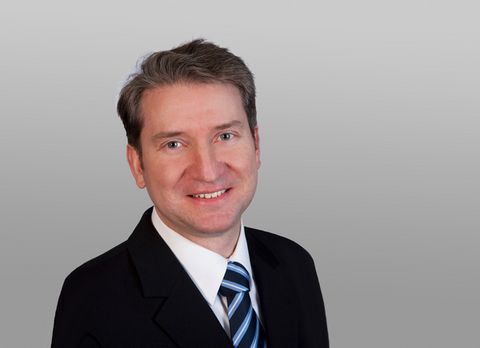As part of a cooperative doctorate, gasoline-water emulsions for injection into the internal combustion engine are being investigated in the engine laboratory at Trier University. The positive effect on fuel consumption resulting from water injection into the gasoline engine has long been known and has also already been demonstrated for operation with climate-neutral fuels. The evaporation of the water cools the combustion chamber and reduces the tendency to knock. The earlier ignition timing thus made possible increases the efficiency of the process. Numerous papers on this subject have already been published in the engine laboratory at Trier University of Applied Sciences (Institute of Automotive Engineering). This involves direct injection of a fuel-water emulsion into the combustion chamber (direct gasoline-water injection (DBWE)). In the on-injector injection concept developed at Trier University, the water is injected into the fuel stream directly upstream of the high-pressure injector in the combustion chamber and the resulting emulsion is then injected. While the positive effects on engine operation have also been confirmed by other research centers, the physical processes within the injection system for emulsion formation and segregation, as well as the resulting properties of the emulsion, are largely unexplored. The purpose of the research project is to investigate in detail the emulsions produced in injection systems without the addition of emulsifiers with regard to repeatable injection and combustion. For this purpose, a test rig with optical access to the high-pressure injection system has been developed, on which the droplet size distribution of the emulsion can be quantified by means of shadowgraphy imaging. In addition, the injection of the emulsion can be studied in a specially designed spray chamber and compared with the injection of pure fuel or water. The experimental results also serve to validate numerical results obtained by other research centers. Independently of the application presented here, emulsions also play a major role in many other technical areas (process engineering, life science). In this respect, the extent to which the results can also be transferred to other areas of application must also be examined.
| Duration | November 2019 - October 2023 |
| Consortium | Motor Laboratory of Trier University of Applied Sciences; University of the Federal Armed Forces Munich |
| Funded by | Young Scientists Fund of the Rhineland-Palatinate Research Initiative; State Funded Major Instrumentation; own funds |
| Funding amount | 55.197 € |

You are leaving the official website of Trier University of Applied Sciences